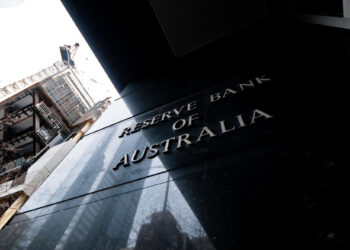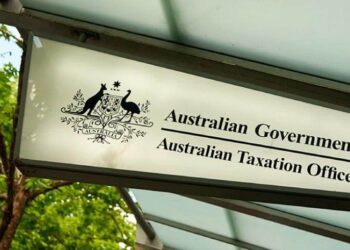‘Excessively generous’ tax breaks on superannuation should be wound back to improve Australia’s budget, according to Grattan Institute.
The policy think tank’s report ‘Super savings: Practical policies for fairer superannuation and a stronger budget’, said super tax breaks were expected to cost $45 billion per year.
This represented 2 per cent of GDP and Grattan warned it could soon exceed the cost of the Age Pension.
“These tax breaks are not well targeted. Two-thirds of their value benefit the top 20 per cent of income earners, who are already saving enough for their retirement. Retirees with big super accounts pay much less tax per dollar of super earnings than younger workers do on their wages,” Grattan said.
“Much of the boost to super balances from tax breaks is never spent. By 2060, one-third of all withdrawals from super will be via bequests — up from one-fifth today.”
The think tank said its recommended reform package could save more than $11.5 billion per year and would create a fairer system.
Grattan’s suggested reforms included:
- Raising Division 293 tax, which curbs tax breaks to high-income earners on their pre-tax super contributions, from 30 per cent to 35 per cent, and lowering the income threshold at which the tax applies, from $250,000 to $220,000 a year. This would save the budget about $1.1 billion a year and stop many high-income earners benefitting from larger tax breaks, per dollar contributed to their super, than low and middle-income earners.
- Lowering the cap on pre-tax super contributions, from $27,500 to $20,000 a year. This would save about $1.6 billion a year, mostly by reducing voluntary contributions made by older, wealthier Australians to minimise their income tax bills.
- Abolishing carry-forward provisions and government co-contributions, which were intended to encourage catch-up contributions but in fact facilitate tax minimisation. This would save about $1.1 billion a year.
- Taxing all super earnings in retirement at 15 per cent — the same rate that applies to super earnings before retirement. This would save more than $5.3 billion a year.
- Taxing earnings on super accounts larger than $2 million — rather than $3 million as proposed by the Albanese government — at 30 per cent. This would save about $3 billion a year, compared to about $2 billion a year under the government’s plan.




